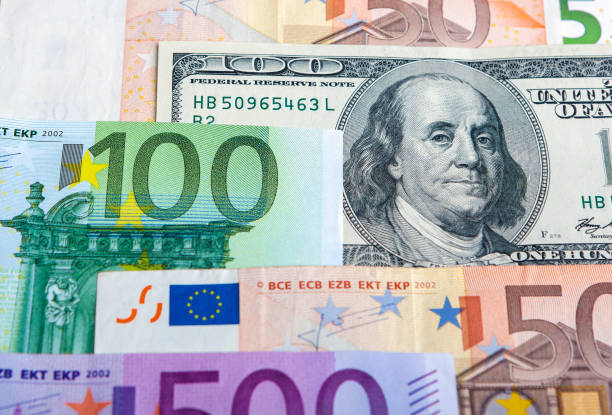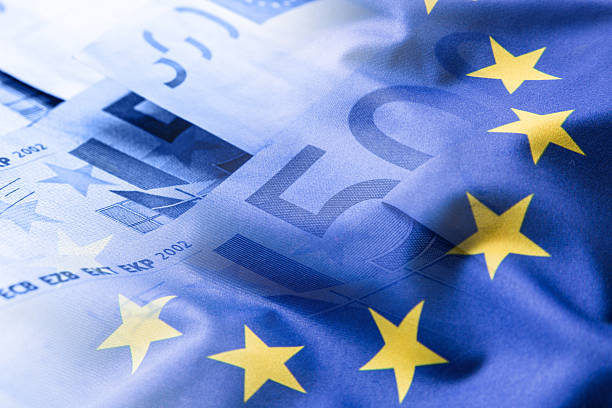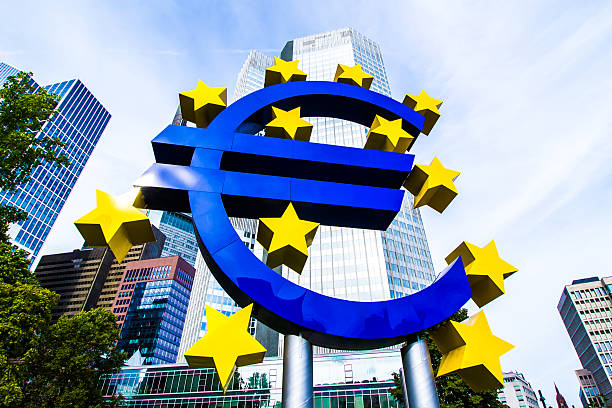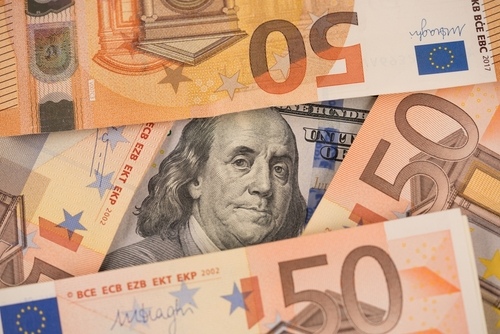EUR/JPY strengthens ahead of ECB's Lagarde speech

- EUR/JPY gains traction to around 165.75 in Tuesday’s early European session.
- The lower bets of a larger ECB rate cut in December support the Euro.
- Less dovish remarks from the BoJ, safe-haven flows are likely to cap the upside for the cross.
The EUR/JPY cross attracts some buyers to near 165.75 during the early European session on Tuesday. The Euro (EUR) edges higher as the recent Eurozone economic data has diminished expectations for the European Central Bank (ECB) to cut larger interest rates in December.
The stronger-than-expected Eurozone Gross Domestic Product (GDP) data prompted traders to pare bets supporting a larger-than-usual interest rate cut in the December policy meeting. Money markets are currently pricing in a 34 basis points (bps) rate cut, down from a 42 bps reduction the previous day.
The ECB Executive Board member Isabel Schnabel said last week that a “gradual” approach to monetary easing remains appropriate, while Bundesbank President Joachim Nagel said officials mustn’t rush further steps on rate cuts. Traders will take more cues from the Eurozone November inflation report, which might offer some hints about the pace and size of ECB interest rate reduction.
The upside for the cross might be limited amid the uncertainty surrounding the US presidential election and the ongoing geopolitical tensions in the Middle East, which boost the safe-haven assets like the Japanese Yen (JPY).
Additionally, less dovish remarks from BoJ Governor Kazuo Ueda could lift the JPY in the near term. BoJ’s Ueda said last week that Japan faces smaller risks from the US and global economies, hinting that the Japanese central bank is closer to an additional interest rate hike, possibly in the coming months.
ECB FAQs
What is the ECB and how does it influence the Euro?
The European Central Bank (ECB) in Frankfurt, Germany, is the reserve bank for the Eurozone. The ECB sets interest rates and manages monetary policy for the region. The ECB primary mandate is to maintain price stability, which means keeping inflation at around 2%. Its primary tool for achieving this is by raising or lowering interest rates. Relatively high interest rates will usually result in a stronger Euro and vice versa. The ECB Governing Council makes monetary policy decisions at meetings held eight times a year. Decisions are made by heads of the Eurozone national banks and six permanent members, including the President of the ECB, Christine Lagarde.
What is Quantitative Easing (QE) and how does it affect the Euro?
In extreme situations, the European Central Bank can enact a policy tool called Quantitative Easing. QE is the process by which the ECB prints Euros and uses them to buy assets – usually government or corporate bonds – from banks and other financial institutions. QE usually results in a weaker Euro. QE is a last resort when simply lowering interest rates is unlikely to achieve the objective of price stability. The ECB used it during the Great Financial Crisis in 2009-11, in 2015 when inflation remained stubbornly low, as well as during the covid pandemic.
What is Quantitative tightening (QT) and how does it affect the Euro?
Quantitative tightening (QT) is the reverse of QE. It is undertaken after QE when an economic recovery is underway and inflation starts rising. Whilst in QE the European Central Bank (ECB) purchases government and corporate bonds from financial institutions to provide them with liquidity, in QT the ECB stops buying more bonds, and stops reinvesting the principal maturing on the bonds it already holds. It is usually positive (or bullish) for the Euro.







